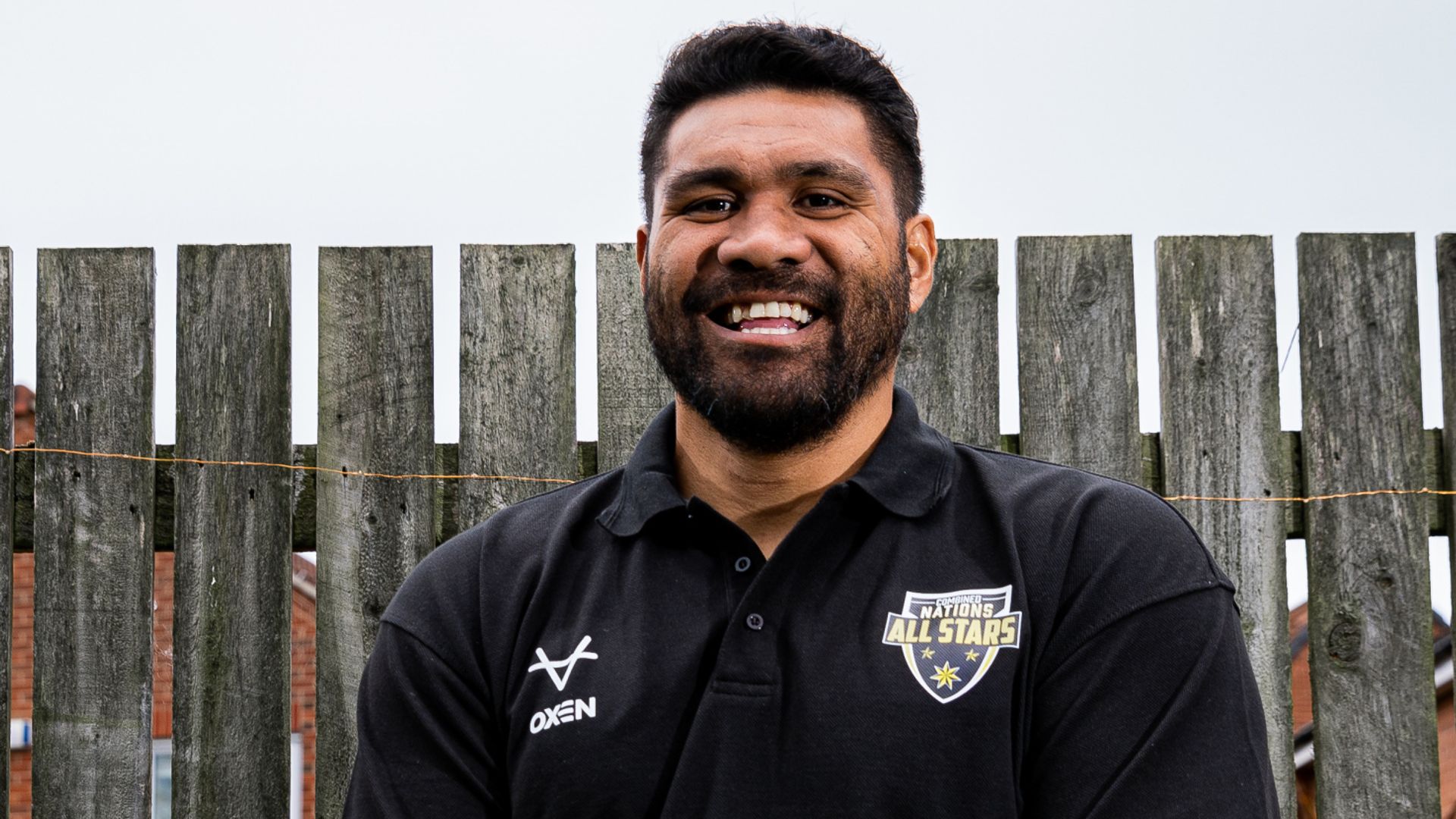Guaranteed Income Experiment for Formerly Incarcerated Underway in FL
A "bold" new experiment out of Florida is testing the impact of giving formerly incarcerated individuals currently re-entering society a guaranteed income of $1,000 to begin, with $600 additional each month — which recipients can spend however they choose.

Over 600,000 people are released from U.S. prisons each year — but unfortunately, reentry rarely equals proper reintegration for the formerly incarcerated, particularly as significant barriers to success exist and often lead to severe poverty and additional periods of incarceration, according to the Appeal.
Employment is one of the largest barriers, considering a steady income makes it possible to secure housing and lowers the risk of recidivism.
In line with this thinking, a new program in Gainesville, FL titled “Just Income GNV” and “Mayors for a Guaranteed Income”, a national network of mayors and researchers, are piloting giving selected formerly incarcerated individuals $1,000 to start, following $600 each month for a year, according to ABC News.
The Florida experiment could be an important test of the impact guaranteed income could have for some of the most vulnerable members of society at a moment when the idea is picking up momentum, according to Vox News.
“If this can work for folks who are really at the lowest point of our social and economic hierarchy, then I think the implications are going to be both broad and specific,” Lucius Couloute, a sociologist at Suffolk University in Boston told Vox reporters. “It’ll pertain to other folks with criminal records across the country and also to anyone who is struggling with issues of economic stability and social disadvantage.”
The goal of the program, created by a formerly incarcerated individual, aims to act as an extra monthly boost to allow people to work on their well-being post-incarceration, and find stability as they reenter society.
Their spending will be monitored for research purposes, but the recipients are not told how to spend their money.
Struggling to maintain financial stability after incarceration is something that many formerly incarcerated people face, and experts and advocates alike have been working towards reform initiatives for decades.
Currently, 27 percent of formerly incarcerated people are unemployed, and are 10 times more likely than the general population to be homeless, according to the non-profit criminal justice research organization Prison Policy Initiative and The Appeal.
Moreover, according to the latest study by the RAND Corporation, Among 35-year-old unemployed men, 64 percent have been arrested and 46 percent have been convicted of a crime, the study found, noting that one in three Americans has a criminal record, The Crime Report details.
How “Just Income GNV” Works
The Florida-based program seeks to address the cycle of financial inequality that research shows disproportionately creates a lasting impact on Black and Brown communities, as well as impoverished people.
This program will reach 115 randomly selected people in two cohorts; the first just received money, while applications for the second round will be open to recently incarcerated Alachua County residents until February 9, Vox News details.
When people come out of prison, they can face discrimination and barriers to economic opportunities, criminal fines, debt, fees, and parole that can haunt them long after their sentence is over, according to Kevin Scott, the director of Just Income GNV who is also formerly incarcerated, explained to ABC News.
The latest Florida program will employ the help of Steady, a technology firm and app that will help distribute money to recipients, while adding that it can track what recipients spend their funds on for research and advocacy purposes.
Adam Roseman, the CEO and co-founder of Steady, said that it’s a harmful stereotype that low-income earners spend their money irresponsibly or that guaranteed income recipients may not be financially literate with their funds.
Cash assistance, according to Roseman and Sukhi Samra, the director of Mayors for a Guaranteed Income, has been extremely helpful in getting people back on track — pointing to other forms of help like the federal Child Tax credit.
“We’ve actually seen income lifts as sizable as 40 or 50 percent for those individuals that received emergency cash or universal basic income,” Roseman said. “You alleviate some of that major financial stress” that is holding them back from solving bigger challenges.
One Florida recipient identified as Murray, a 54-year-old man details that when he was younger, he reported to stealing or shoplifting to survive. Now that he’s out of prison, money is still hard for him to come by, and with a physical disability that leads to him needing assistance with walking, this extra cash has given him a new prospect.
“It’s a relief, which is amazing. I can plan things now and guarantee they’re gonna happen,” Murray told ABC News. “I’ve been able to help out some of my relatives with money for gas and got a couple more other relatives who were low on food and I was able to help with that. And just so many great things that this program has really introduced into my life.”
Murray adds that he’s planning on saving some of the money to help him get a scooter, and make car transportation and mobility easier.
Lastly, In honor of Murray’s mother’s upcoming 75th birthday celebration in March, he told ABC News reporters he wants to “give back now that he’s got some cash to support himself.”
He plans on putting together 100 bagged lunches and drinks for the homeless and for the community, knowing that he was once where they were.
“I appreciate what’s happened in my life and I want to give back and I want to share and give hope to other people,” Murray concluded.
Additional Reading: Justice-Involved Swell US Jobless Ranks: Study

 Landwebs
Landwebs 




















/cdn.vox-cdn.com/uploads/chorus_asset/file/24430706/elon_musk_twitter_for_you.png)



